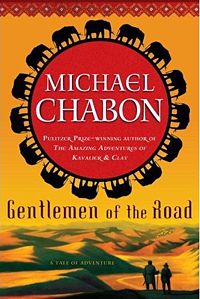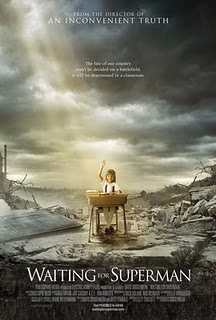This past weekend, the Kansas City Star published its annual Fall Arts Preview, a section I always look forward to because I like knowing what's going on around and about the city. But this year's roundup of the top picks in "classical" music set my mind whirring so fast that it still hasn't stopped. In his coverage, the local critic had the following pick:
•Jennifer Hidgon’s “Blue Cathedral,” Kansas City Symphony, season opener with Michael Stern and pianist Garrick Ohlsson performing Chopin, Sept. 28-30, Lyric Theatre. Stellar orchestral work by America’s hottest composer, who happens to be a woman.
Two specific comments snapped me to attention as I lazed on the couch on an early Sunday morning. First, with Jennifer Hidgon, it amazes me that we still need the qualifier "who happens to be a woman." Those old habits of thinking of composers as men still permeate our classical music establishment. This fact shocks me every time because in studying music since 1945, women composers abound and the idea of composer = man no longer enters my thinking. It is as though, with this statement, we are seeing her as a woman first and a composer second, whereas with men, this never happens. The very Romantic attitude of "Isn't it quaint that women are writing music and getting recognized for it?" gets under my skin in an age when many of the top composers are women.
The second comment immediately precedes the "woman" statement, that she is "America's hottest composer." I know this statement came directly from her press publicity, where Bob Keyes of the Portland Press Herald so named her, but how is "hottest composer" tabulated? She is certainly performed often by major orchestras as "new" music that isn't scary, but is she hotter than, say, John Adams, whose every work is published and recorded immediately? And coming right before the "woman" quote it has disquieting undertones of judging on physical appearance.
I know, I shouldn't over think these statements, that they are quick blurbs. But often in our shorthand we reveal larger strains of thought. I'm not trying to pick on this specific paper or writer, but instead show the distance we still have to travel in understanding music today. There are strong power structures in "classical" music that are slowly weakening, and women and minority composers of all sorts are making inroads. I just look forward to the day when I students aren't surprised I teach women composers in my classes because, of course, in music history we study composers.
Self-doubt in the tech industry
2 years ago




1 comment:
Thank you for this post.
Post a Comment